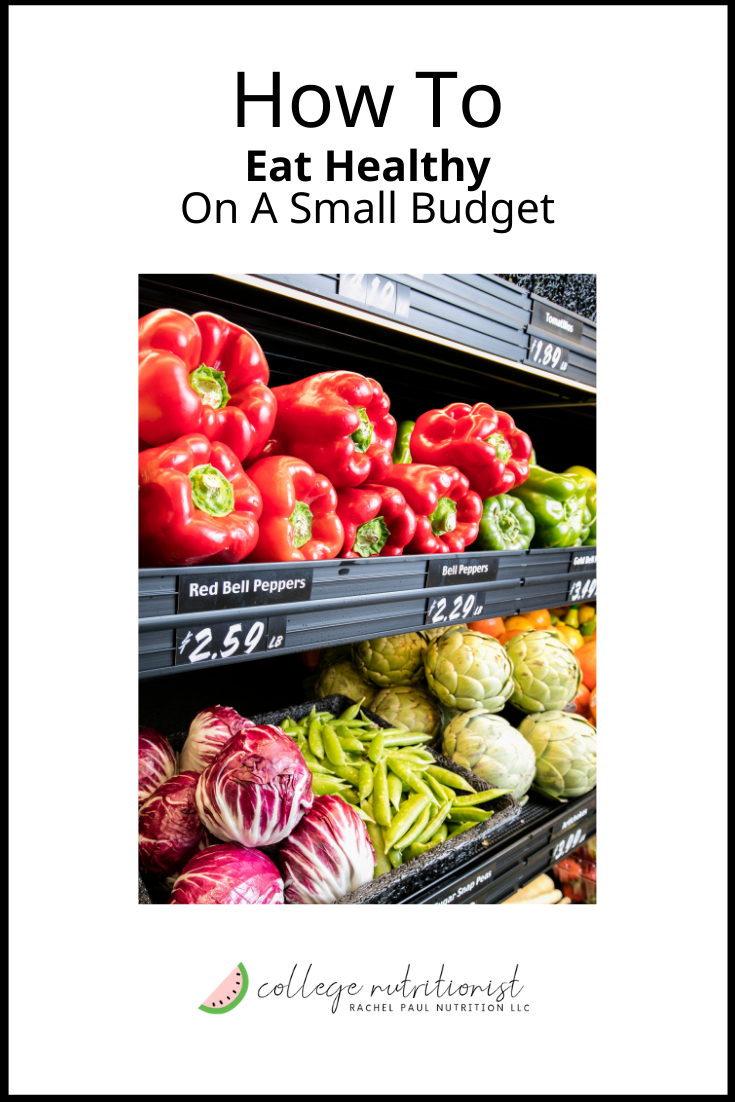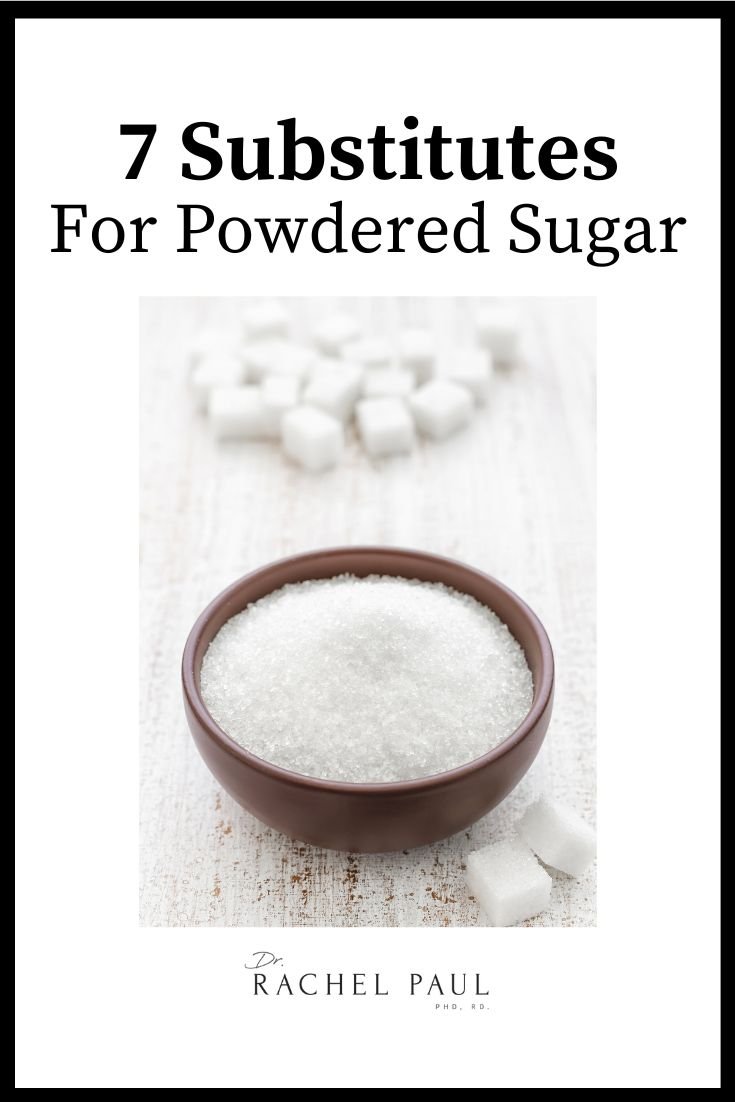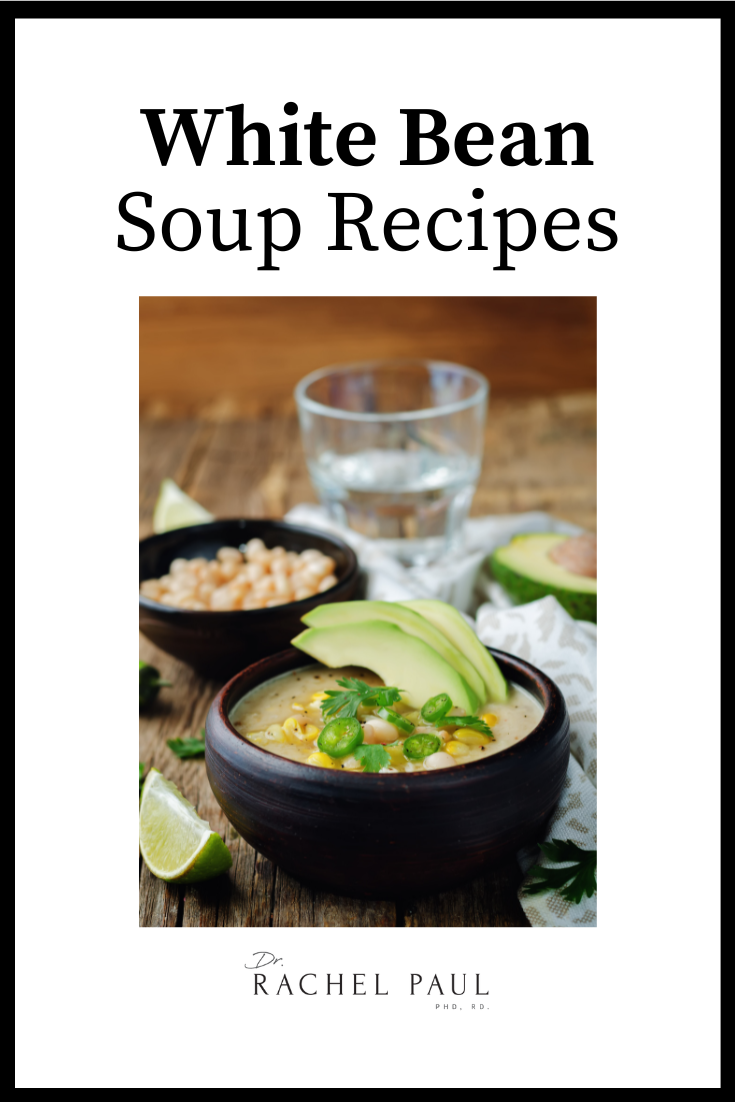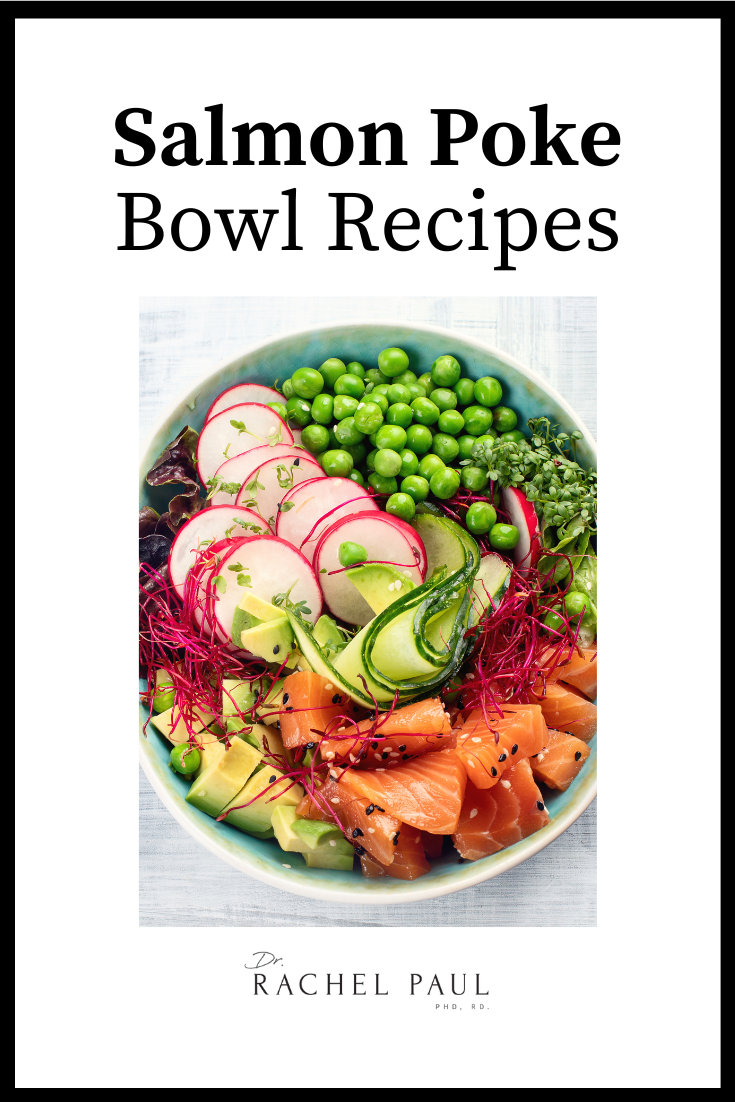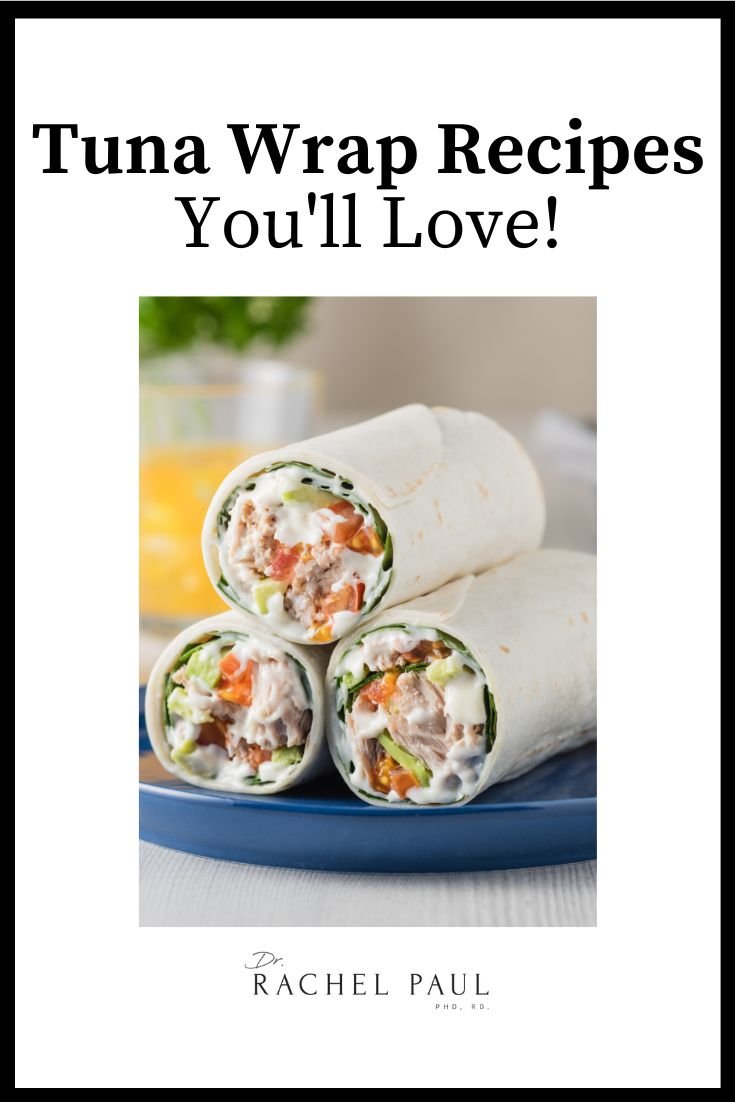Eating healthy food can get a bit of a bad rap. Often people think of exotic superfoods, expensive supplements or shopping at upscale grocery stores. So even though we might realize that we should be eating healthy meals, we can think it’s too far out of our reach.
Eating processed food can seem cheaper when you compare it, but there are often additional costs that will hit you down the road. It’s the slow onset of lifestyle diseases that can happen as we eat cheap, unhealthy food over the years.
But it doesn’t have to be this way. You can eat healthy on a budget if you have the right strategy and you get a little creative in the kitchen. In this post, I’m going to show you how to save money and eat well.
How To Eat Healthy On A Small Budget
Cooking At Home/Proper Meal Planning
Having a meal plan is essential to saving money and eating well. First of all, you can make a plan for healthy meals rather than just rushing to throw something together at the end of the day. It will also save you money by not buying more than you need, which then goes to waste. Spending some time researching and planning your meals will stop you from impulse buying ingredients you don’t need. Be realistic when creating a plan. If you normally eat dinner and lunch out more than half the week, it’s unlikely you’re going to completely change your habits in one week and cook all of your meals. Set yourself goals, but make sure they’re realistic and based around what your week actually looks like.
Having a Grocery List
Once you’ve got your meal plan for the week, you can write out your grocery list. So many studies have shown that people without a list spend a lot more in stores as they’re just randomly buying things that look good on the shelf. And supermarkets are spending a lot of time and money making things look good so you’ll put them in your trolley! So write yourself a list.
Sticking To Your Grocery List
The next challenge is sticking to the list. Brown rice, sweet potato and bell peppers aren’t nearly as exciting as chocolate biscuits and chips! But with a little self-discipline, you can save money by only buying what you need. If you can, avoid walking down each aisle as this can lead you to buy things you didn’t come in for. Get laser-focused on your list and what you really need.
Eating out at a restaurant is a treat. You don’t have to think of what’s going to be on the menu, the cooking is looked after and the dishes are done for you. Who wouldn’t like going out to eat! However, you’re paying for all those people, the rent, the mark-up and more. That’s why eating at a restaurant, although you can order the healthiest thing on the menu or a side dish to cut down costs, it is still going to hurt your budget. Instead, get creative at home, get some friends around that love to cook (or wash dishes!) and make yourselves a delicious, healthy meal.
Buying Generic Brands
Companies spend a lot of time and money letting you know how their brand is different from others. And sometimes you need that. But others, you probably don’t. Do black beans taste all that different once they’re wrapped up in your burrito? What about different tins of tomatoes? Is one trail mix really better than the other? There are definitely swaps you can make like this that might seem small in terms of your budget, but add up over time.
Buy Whole Foods
In the processing of certain foods, you may be gaining convenience but that comes at a cost. Single packets of oats are a great example of this. Yes, they’re so handy (I use them all the time) but they definitely cost more than buying a large bag of plain oats and then adding a few toppings of my own. Sometimes I need the convenience of a pre-packaged single-serves, others I’d rather buy whole, unpressed versions and save myself some money. Do what’s right for you, but look for unprocessed foods where you can.
Replacing Meat With Other Proteins
You definitely need lean protein in your diet, but that doesn’t mean you need to buy pricey cuts of meat. A boiled egg is a great source of protein (around 7 grams of protein per egg), and eggs are much cheaper than meat. Plus, boiled eggs are great for weight loss! One boiled egg has less than 100 calories – only around 80 calories to be exact. That means that they will leave you feeling full, and you can eat them guilt free. Another example of high-protein foods that aren’t meat, are beans. A tin of beans is super cheap, delicious with the right flavorings and is going to give you all the fiber and protein you need.Not sure how to spice up your beans? Here’s a post I wrote on how to best use herbs and spices to get you started.
Shopping Seasonal Produce
Fruits and vegetables are healthy and great for weight loss, but they can be expensive. However, they don’t have to be. Yes, we all have our favorites and sticking to those can add up when they’re not in season. This is because they either need to be stored somewhere (which means they’re not going to be as full of nutrients as you’d like them to be) or they have to be shipped in from somewhere else. Instead, when shopping for fresh produce it’s a great idea to buy for whatever is in season. This will generally be cheaper and fresher, meaning it will have more nutrients in it.
Buying Frozen Fruits and Veggies
If you can’t get things in season, it’s actually often better to buy them frozen fruits and vegetables. When produce is picked, it begins losing its nutritional value. So if there was only a small amount of vitamins and minerals in it to begin with, it might be gone by the time it reaches your plate. Instead, freezing means you’re locking all of that goodness. Also, this can mean less prep time for you (always a win) and no food wilting and going off. Which is not what you want when you’re on a budget! I’ve gone into this more over here if you want to know more about frozen versus fresh.
Packing Your Lunch
Similar to cooking at home versus going to a restaurant, grabbing your lunch while you’re out and about might be convenient, but you’re paying for that convenience. Instead, preparing your lunch in advance and taking it with you can add up quickly over the weeks and months. Plus, when you pack your lunch, you know exactly what’s in it, No idea what to cook? I’ve got a whole post here about how I build a great to-go lunch.
Growing Your Own
Depending on your living situation, growing your own herbs or veggies can be so rewarding! You get a better understanding of what it takes to get all that food on your plate and you get freshness much cheaper. Fresh herbs can be expensive and while dried can fill the gap most of the time, there’s nothing quite like fresh basil on pasta or pizza! If you don’t have much space, try a few small pots
with herbs. If you’ve got a little balcony or outdoor area, try your hand at lettuce, tomatoes or a few other veggies you can throw in your stir fries.
Stocking Your Pantry With Staples
There are certain things that it’s worth buying in bulk, which is generally the cheapest way to shop. Pasta, rice, flour, spices, stock cubes. If there’s anything like this that you use a lot and you have the space to buy in larger quantities, you’ll generally save money per pound. It also means you’re less likely to run out of things. Ever gone to cook and then be put off because you’re missing a few key ingredients? That’s where stocking your pantry can help keep you on track with your budget and healthy eating.
SPEND MORE ON THINGS THAT LAST
Let’s be real – there are things that cost a bit more money that you’ll want to buy. So, to spend your money wisely, splurge on things that last a longer time. Don’t spend too much on things you’ll eat in one day, or in one sitting. Instead, spend more money on things that last – things that you don’t eat all at once, and things that don’t expire fast. One example is nut butter – peanut butter, almond butter, etc. They are higher in calories, so you shouldn’t eat too much of them on your weight loss journey. However, they are a good source of healthy fats and protein, so you can definitely include them in your meal plan in a healthy amount. So, since you won’t be eating them too much, and they don’t expire fast, they will last you a long time, and it ends up being money well-spent.
USE YOUR LEFTOVERS
Leftovers are a great way to stay healthy on a budget. You can reheat them up tomorrow, create new meals out of them, or even freeze them and simply defrost them when you want to use them again (I know it’s more fun to find ice-cream in your freezer, but leftovers will become your best friend, trust me!). Depending on the type of the leftovers, you can put them in burritos, salads, stews, soups, and so much more.
TAKE ADVANTAGE OF SALES AND COUPONS
Sales are a great time to stock up on things you know you’ll need (that won’t expire soon). Also, coupons can help you stay on budget, while also buying everything you need. With a little bit of organization, you can save money while buying things you would have bought anyway. However, be careful – a lot of coupons and sales are for high-calorie snacks, junk food, and highly-processed food. Don’t let the discount make you buy something you don’t actually need. Only buy foods you were planning on buying anyway.
Read Next
